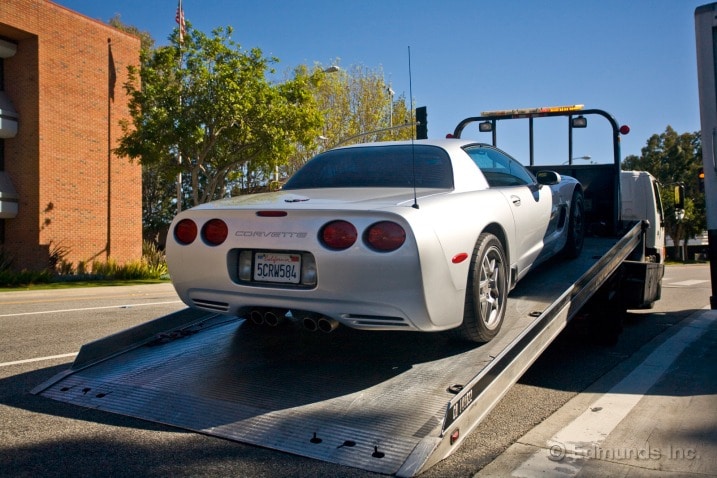Table of Content
Cross-collateralizing is convenient in some ways, but detrimental in others. For example, if your financial situation goes downhill and you stop paying on one loan, your property is still at risk. Even though the other loan is current, the lender can still foreclose because you’ve defaulted on that obligation. If each loan were secured by separate collateral, you could end up losing the property securing the delinquent loan, but would still keep the property securing the current one. Cross collateralization is a process where a particular asset is used as collateral to secure two loans, an initial loan, in addition to a second loan.

If you want to refinance to drawdown equity, get a better interest rate or simply switch home loan packages with your bank, all properties will need to be revalued. By holding the investment property for a few years, you should have enough equity to uncross-collateralise even based on conservative property growth estimates. The property securing the loan must be common to all loans under the cross-collateralised structure. Potentially delaying second payments until you have the cash flow to pay on the bridge loan.
Fixed Mortgages
Ultimately, whether this path is the right financing option for you or not will depend on the situation at hand. A capital gain in one of the properties doesn’t mean much if the total value of the portfolio hasn’t increased. Some properties may have dropped in value and reduced the overall equity in the portfolio.

Both individual consumers and businesses can use cross-collateralization to lower the cost of borrowing money. Lenders use it to be able to offer more competitive rates and attract customers. Cross collateralization is a method used by lenders like credit unions to use the collateral of one loan product to secure another one. Cross-collateral loans use an asset that is already trapped in an existing loan, and allows the borrower to get more value out of it by using it to ensure more loans. Depending on the financial institution and the type of loan, it's possible that the borrower will have to make only one monthly payment instead of multiple ones. Cross collateralization can be applied to various forms of financing, from mortgages to credit cards.
Cross-collateralization
For example, it’s important to select the right type of funding so you can purchase your home quickly and encounter no issues. The decision about when to sell your current home and buy the new one may affect the right type of loan for you. Learning about cross collateralization, bridge loans, and cross-collateral bridge loans can help you make the right decision. By using cross-collateralization, you can typically qualify for a lower interest rate on debt products like personal loans, credit cards and commercial loans. And you won’t have to purchase another asset — you can use one that you already have.

It may be costly to move your portfolio if your lender is no longer right for you. Due to this, the costs can be much more extensive, and banks will have to get a Variation of Security. The issue is that if the equity in one property has gone up, and the others have had a significant drop, then this will limit your overall equity from increasing.
Taxes
It allows you to purchase a new home successfully by using the equity of your current home to receive a new loan from the lender while waiting to sell it to a new owner. The lender can force liquidation of the collateral asset to recover their loan. However, the difference with cross collateralization is that the borrower must maintain payments on both loans that the asset is used as collateral. Some lenders may have cross-collateralization as an available option while others include it automatically as a required clause on their loans. Credit unions are known for using cross-collateralization often and have received some bad press for their borrowers not realizing the full risks.
A great example of this option is when a homeowner takes out a second mortgage or a home equity loan. Cross collateralization is a practice in lending that can be useful in some situations and should be added to every real estate investor’s repertoire. Read on to understand how this investment property financing strategy works and whether it is right for you. The main reason you would cross-collateralize is that you need multiple loans, and you have a valuable property that can secure those loans.
Is Cross Collateralization Worth It?
In short, cross-collateralization involves using the same collateral for one loan to serve as collateral for another loan at the same time. As a SoFi member, you get access to exclusive benefits designed to help set you up for success with your money, community, and career. Collateralization is the use of a valuable asset to secure a loan against default. James Chen, CMT is an expert trader, investment adviser, and global market strategist. Cross collateralization can be a good way of maximizing the value of your property, but you should weigh this against the risks. This website is using a security service to protect itself from online attacks.

This is where more than one property is used as security for a mortgage rather than a standard home loan where you have one property securing one mortgage. In recent times, the industry regulator, the Australian Prudential Regulation Authority , has forced banks to tighten their policies on investment lending. However, those who are more seasoned recognise the potential advantages of the cross-securitisation strategy, particularly when it comes to tax benefits.
By doing so, it helps spread your loans around so that if you get into financial trouble, it will work in your favour. While of course, it is easier just to have one lender taking care of everything. Your lender will highly recommend it, but make sure you speak with a mortgage broker to know all of the risks and limitations in line with setting up this structure. If your initial loan was owner-occupied, and your next property is an investment, you might be able to make a tax claim. Because your properties are viewed as combined rather than each as an individual investment loan. Cross collateralization is a finance term that is used when a loan is secured by two or more properties.

What this has meant is tighter mortgage exposure limits, requiring you to provide more security in the form of equity or a deposit that you’ve saved yourself. Any guarantor on any loan within the cross-collateralised structure will be required to guarantee all loans within the cross-collateralised structure. Becoming indebted to the lender even after paying off the loan completely.

No comments:
Post a Comment